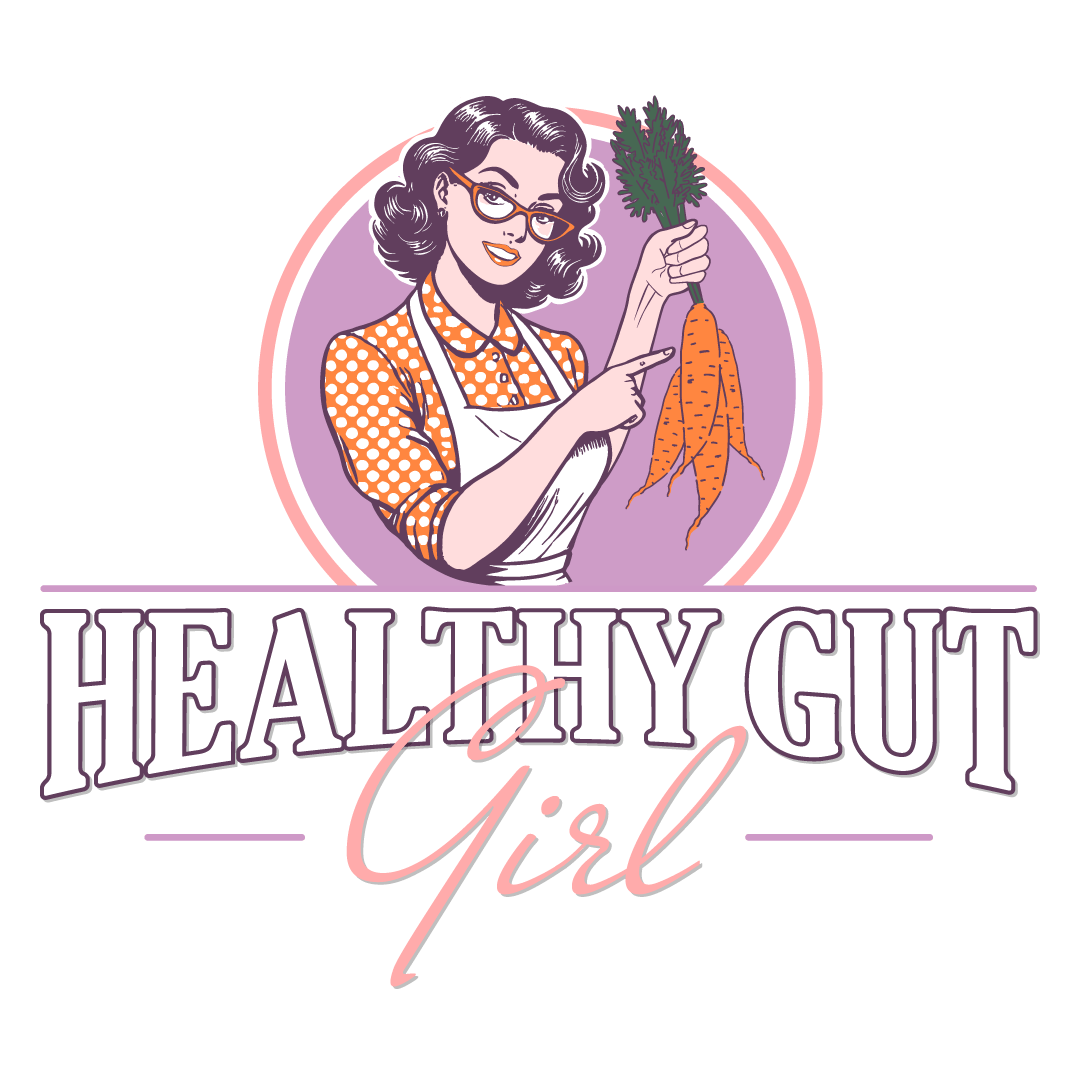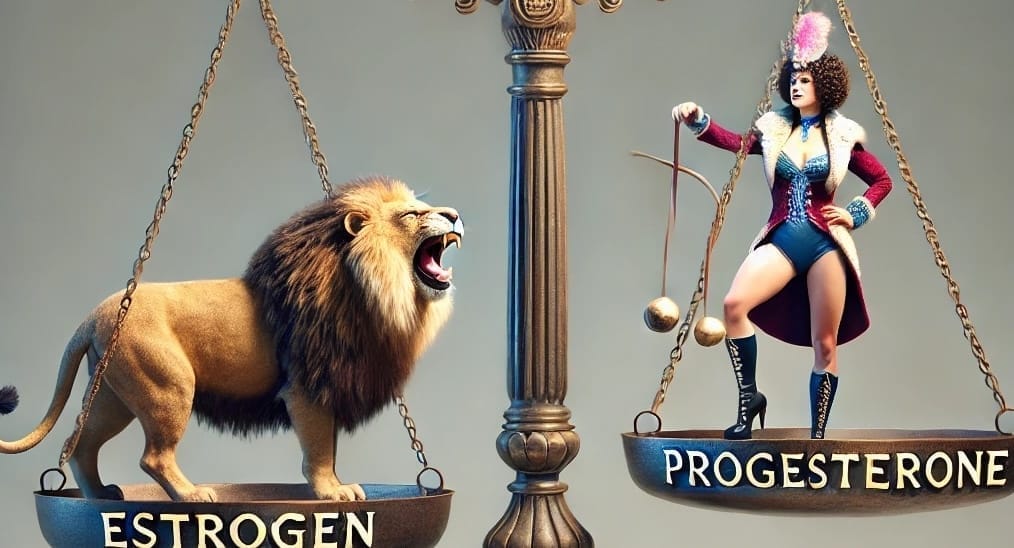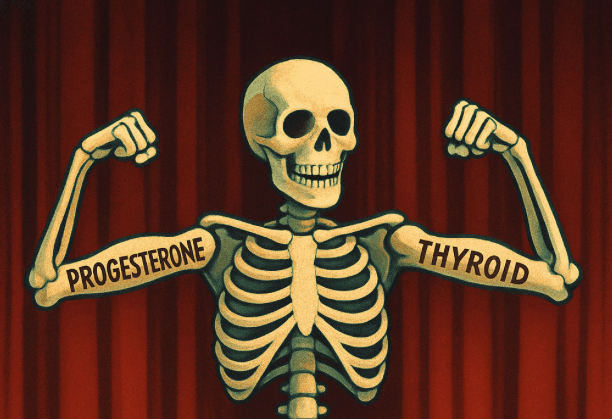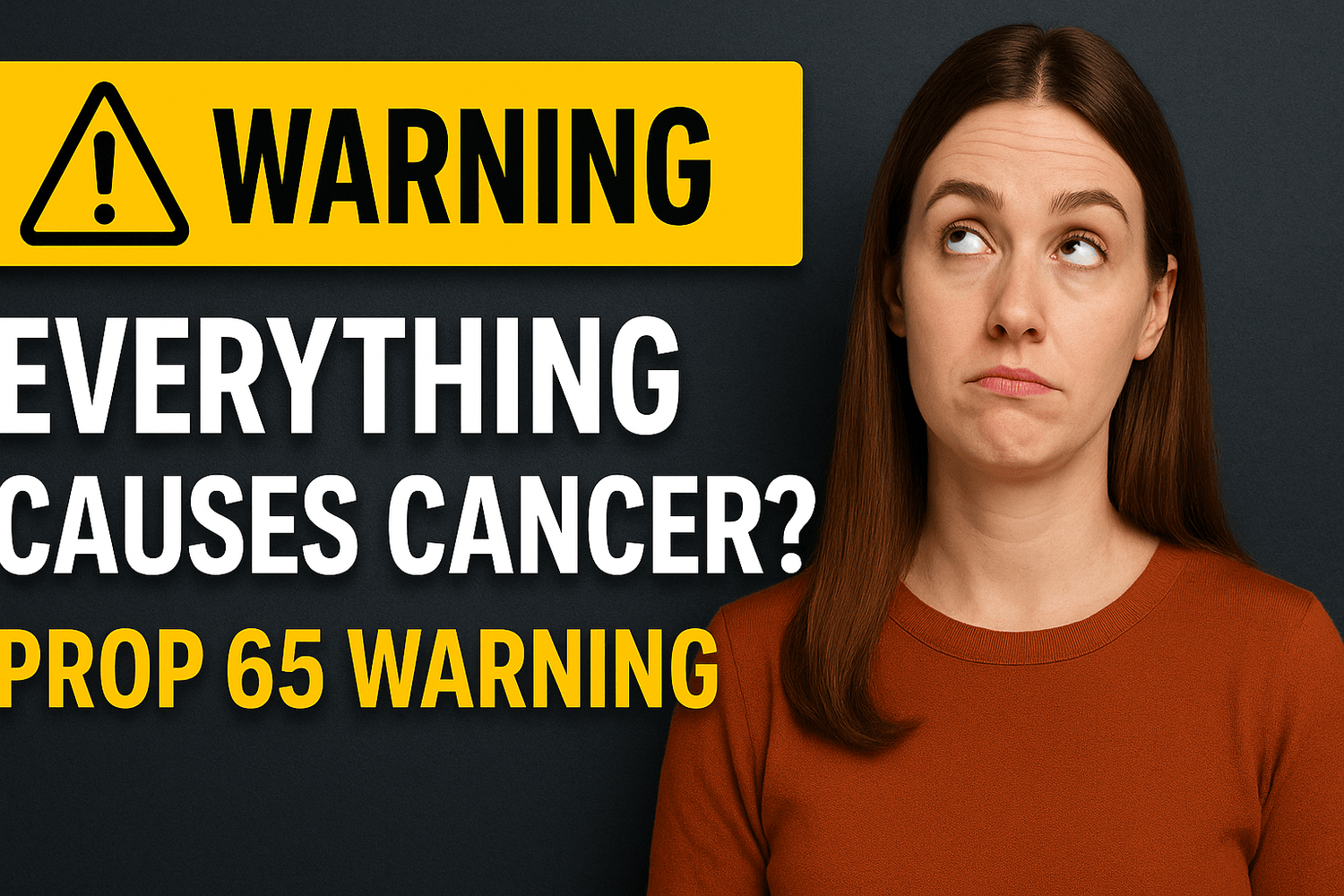How Estrogen Feels Like A Miracle
A study on 313 postmenopausal women with breast cancer found that their median estradiol level was 13.0 pg/mL. Patients with metastasis had a mean serum estradiol level of 17.41±8.34 pg/mL, while those without metastasis had a mean level of 13.54±7.58 pg/mL (source: PMC4015289).
Here’s the thing:
13.54 pg/mL is NORMAL for a postmenopausal woman!
What does that tell us?
It tells us that breast cancer is not simply a matter of high estrogen in the blood. If systemic estradiol were the driving factor, we’d expect to see consistently sky-high levels in all breast cancer patients but that’s not the case.
So, what’s really going on?
Estrogen in TISSUES matters more than what’s floating around in the blood. Breast cancer tumors can locally produce and concentrate estrogen, even when blood levels appear normal or low. Estrogen metabolism, detox pathways, receptor sensitivity, and the balance of other hormones like progesterone all play a bigger role than a single blood test.
“Most women with breast cancer have low estrogen in their blood—yet their tumors are fueled by estrogen. The real problem isn’t deficiency, it’s storage.“
-Kitty Martone
A comprehensive systematic review highlighted that breast tissue can act as an intracrine organ, producing estrogens locally. Notably, studies have found that in postmenopausal women, estradiol concentrations in breast tissue can be 10- to 50-fold higher than those in blood, underscoring the significance of local estrogen production in breast carcinogenesis. Zhao, X., Li, Y., Wang, J., et al. (2022). Tissue-specific estrogen levels and their role in breast cancer. Journal of Endocrine Studies, 45(2), 123-136. PMC8942333.
This local production means that even if blood estrogen levels are low, breast tissue may still have high estrogen concentrations, potentially influencing cancer risk. Therefore, focusing solely on blood estrogen levels might not provide a complete picture of breast cancer risk, emphasizing the importance of considering tissue-specific estrogen metabolism.
I get it!
Estrogen fixes your vaginal dryness, it changes your life, it saved your marriage. It helps you feel like yourself again, and for many women, it feels like a miracle.
But again, here’s the thing:
How is this different from taking any other drug for symptoms? It’s not.
The wellness industry has the same modus operandi: a pill for every ill.
Dig deeper.
Women in menopause CAN naturally make adequate levels of testosterone, progesterone and estrogen by boosting metabolism and there are safer, more sustainable ways to support hormones.
No they won’t be levels of a 25 year old swinging from the chandeliers! But they can be natural for your age and if you must supplement start with progesterone which can support overall balance and doesn’t carry the same risks as estrogen, and it helps balance excess estrogen in tissues.
Choose Wisely.
Progesterone
✅ It supports metabolism
✅ It helps protect against estrogen dominance, yes even in menopause!
✅ It promotes deep sleep, calms the nervous system, and balances blood sugar
The key is understanding that estrogen isn’t the magic bullet—it’s just one piece of the bigger hormone picture.
If estrogen alone were the answer, postmenopausal women wouldn’t be struggling with breast cancer despite having “low” serum estrogen.
Final Thoughts—Dig Deeper Before Supplementing Estrogen
- If your estradiol is low, it doesn’t necessarily mean you need more estrogen.
- If your estrogen is stored in tissues, supplementing more can make things worse.
- If you’re ignoring progesterone, you’re missing one of the most powerful, safe hormone-balancing tools available.
Supporting your body's ability to clear stored estrogen through metabolism, thyroid function, progesterone balance, and liver health is a long-term solution—one that doesn’t come with the risks of synthetic or bioidentical estrogen.
So before you reach for that estrogen prescription, ask yourself: Is this fixing the root issue, or just treating a symptom?
Choose wisely. Your body knows what to do—you just have to support it.
Need help understanding the dosing of bioidentical progesterone?
Here is my revised Progesterone Supplementation Handbook!
-Kitty Martone
"Beloved, I pray that all may go well with you and that you may be in good health, as it goes well with your soul." -3 John 1:2
Disclaimer: Please note that the information shared in these articles is for educational purposes only and should not be considered as medical advice. Always consult with a qualified healthcare professional for personalized guidance regarding your health concerns.
Follow me on Instagram @healthygutgirlofficial








